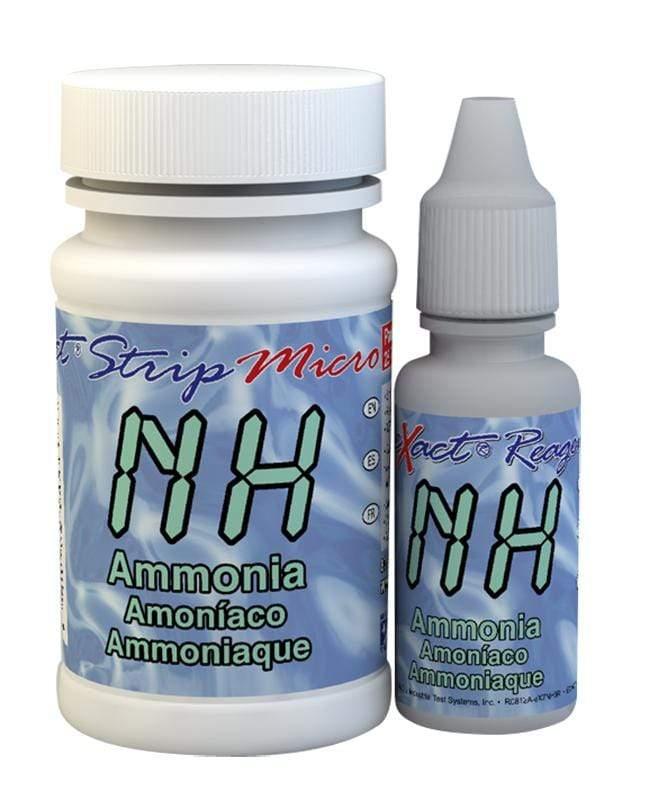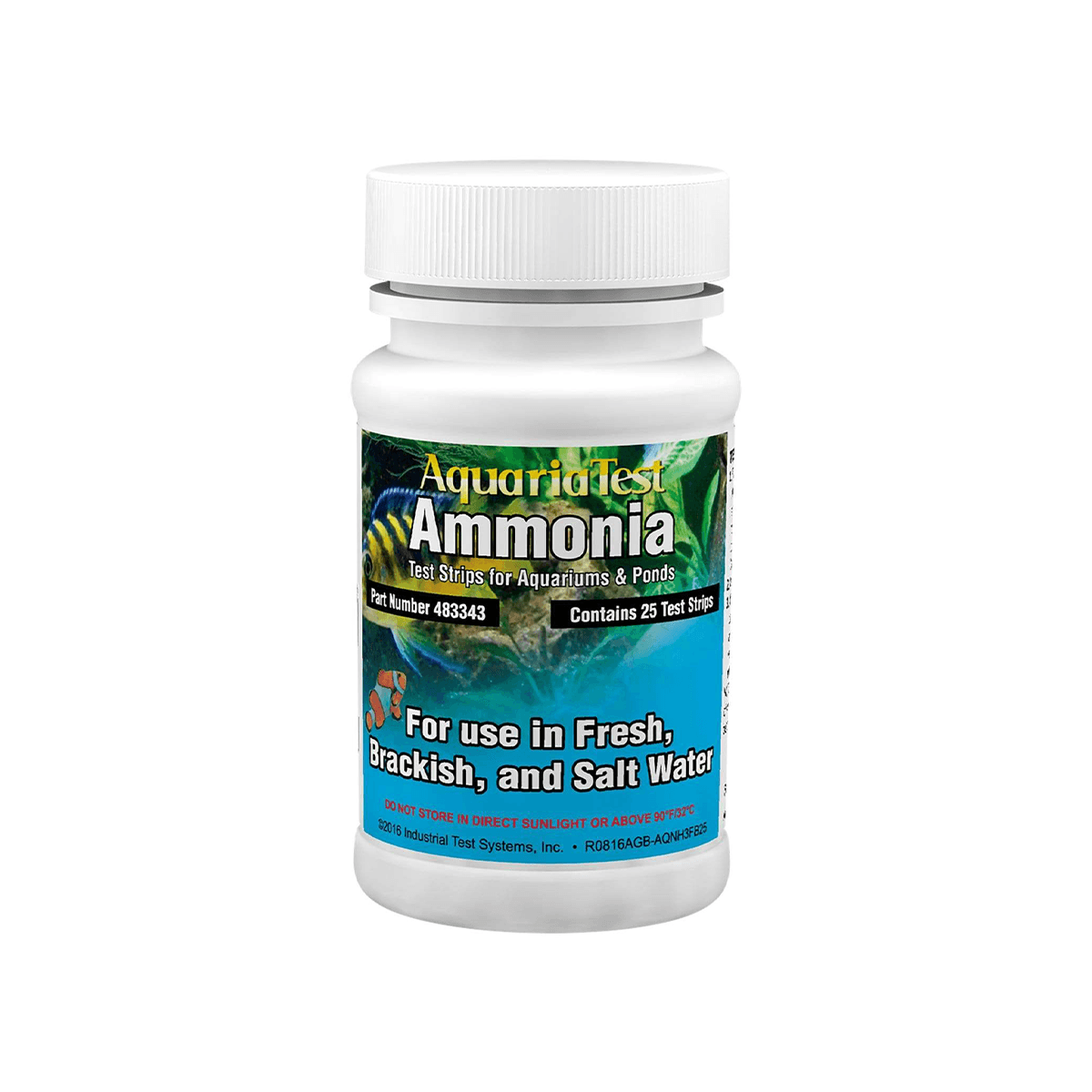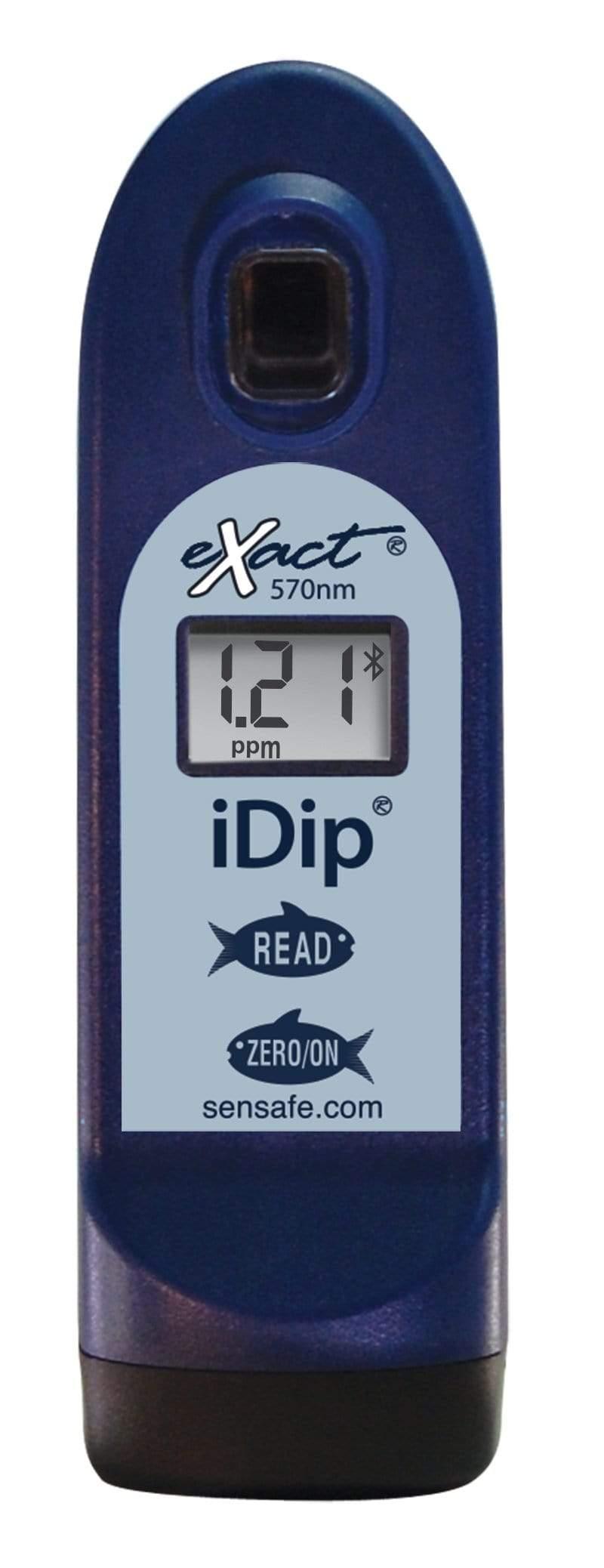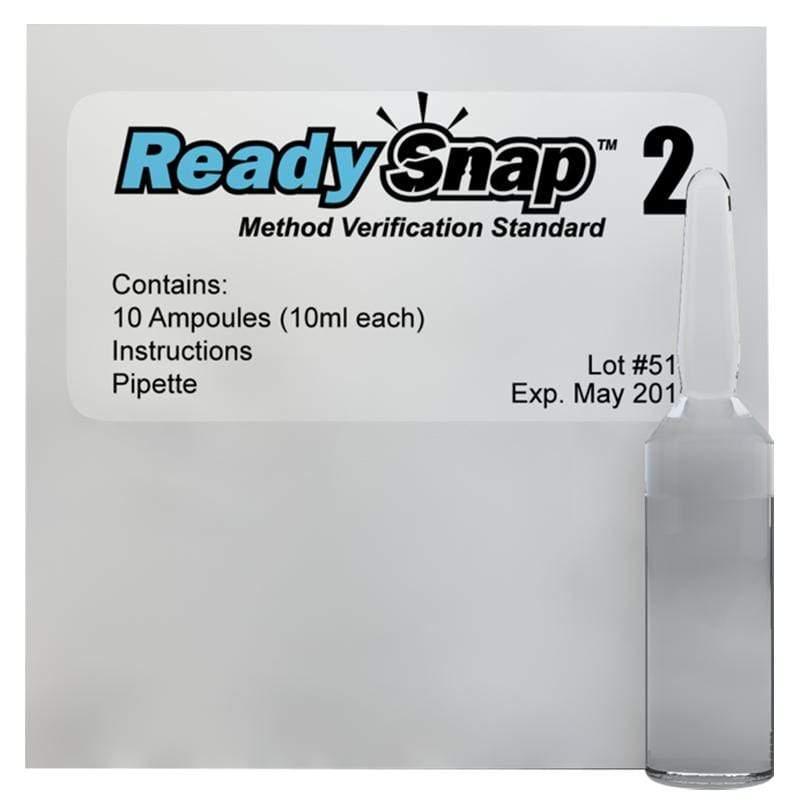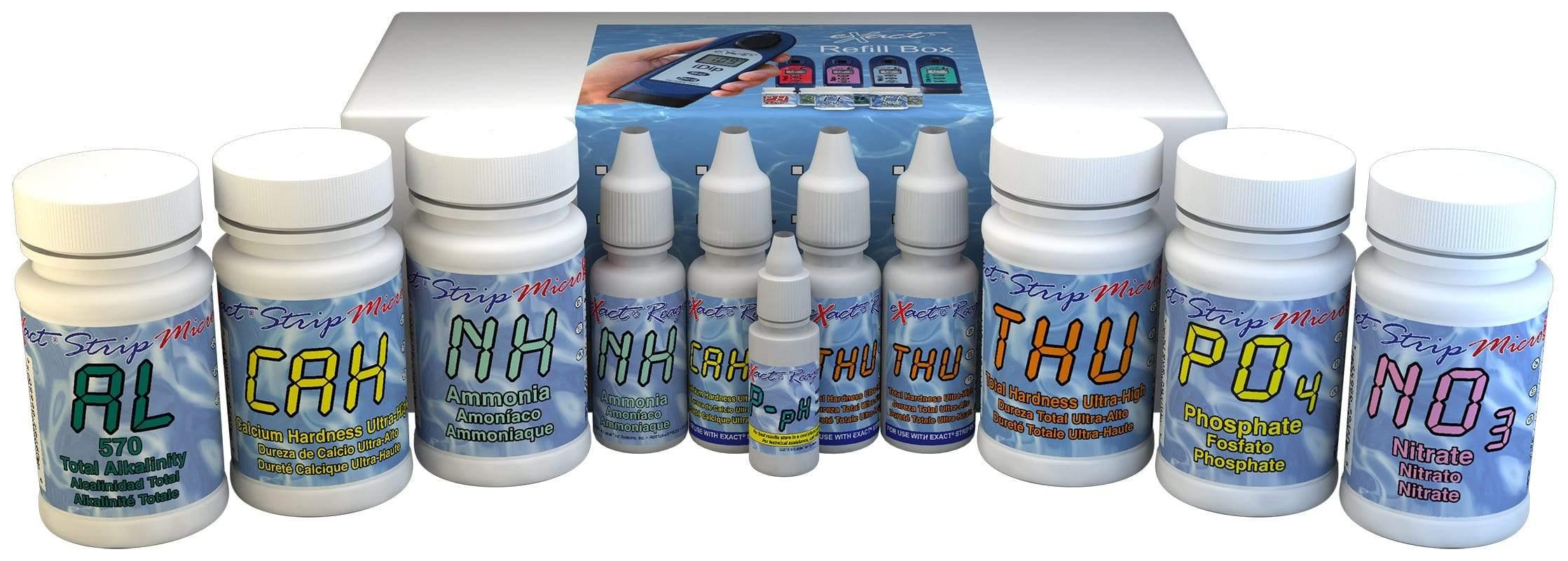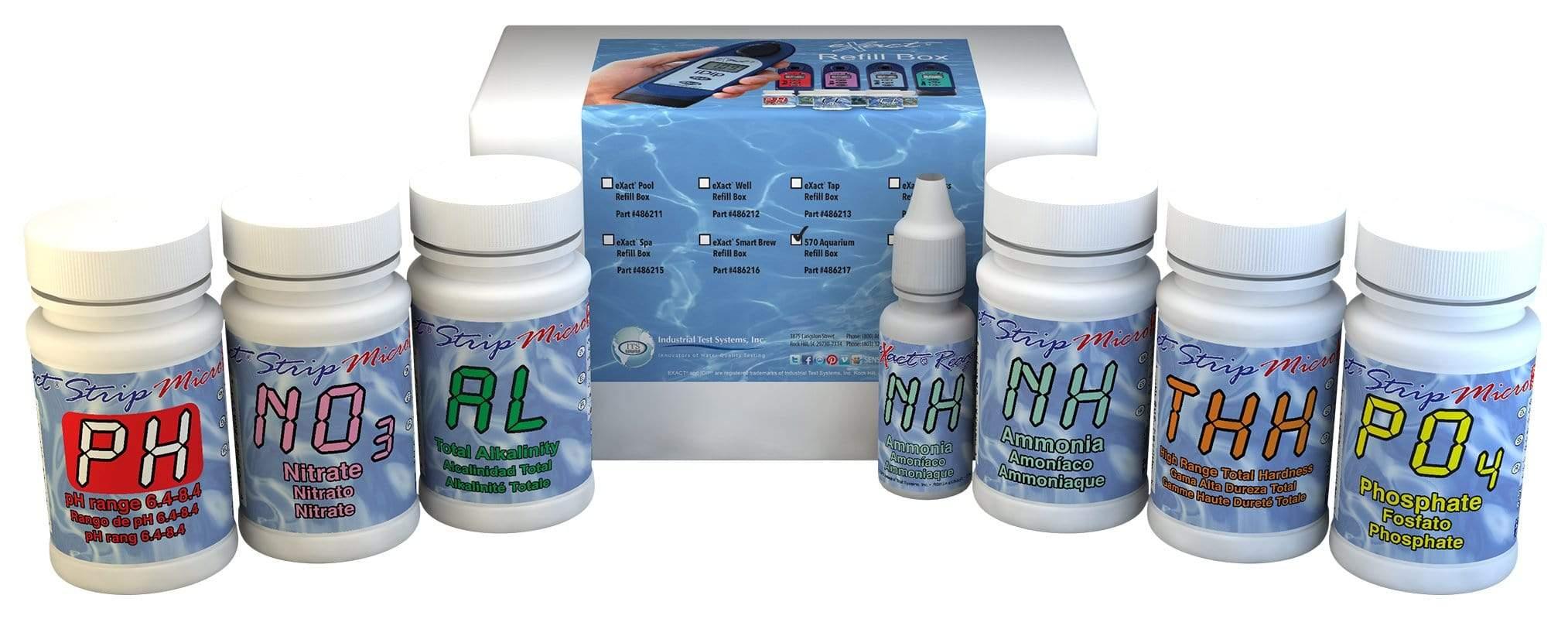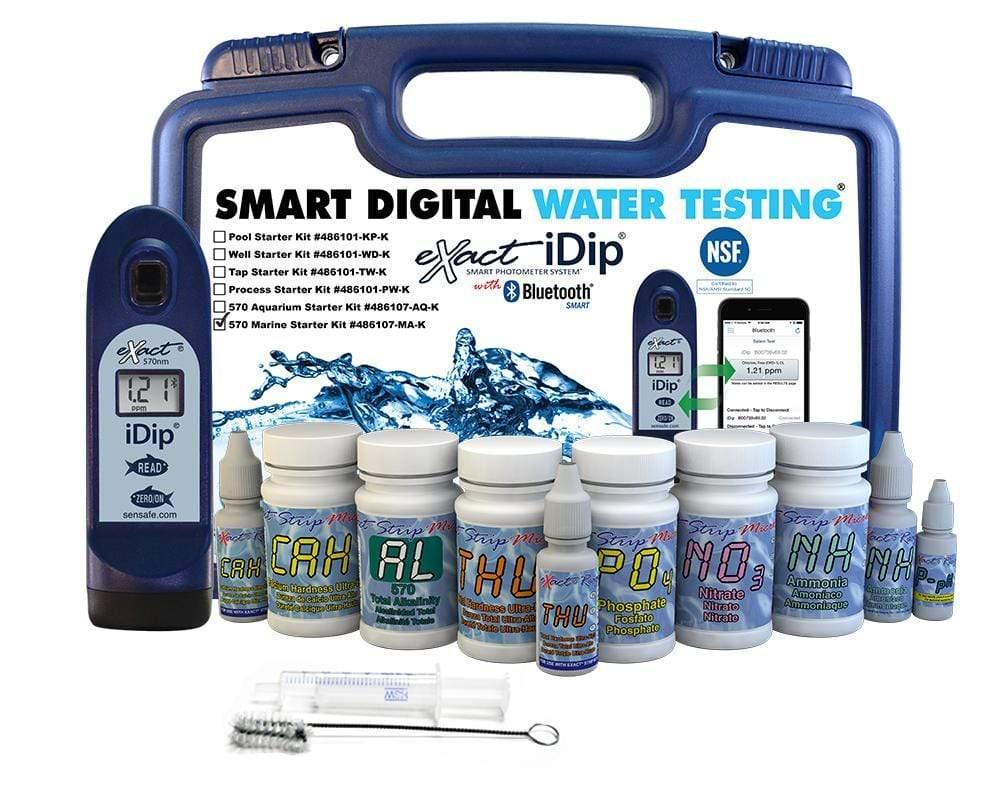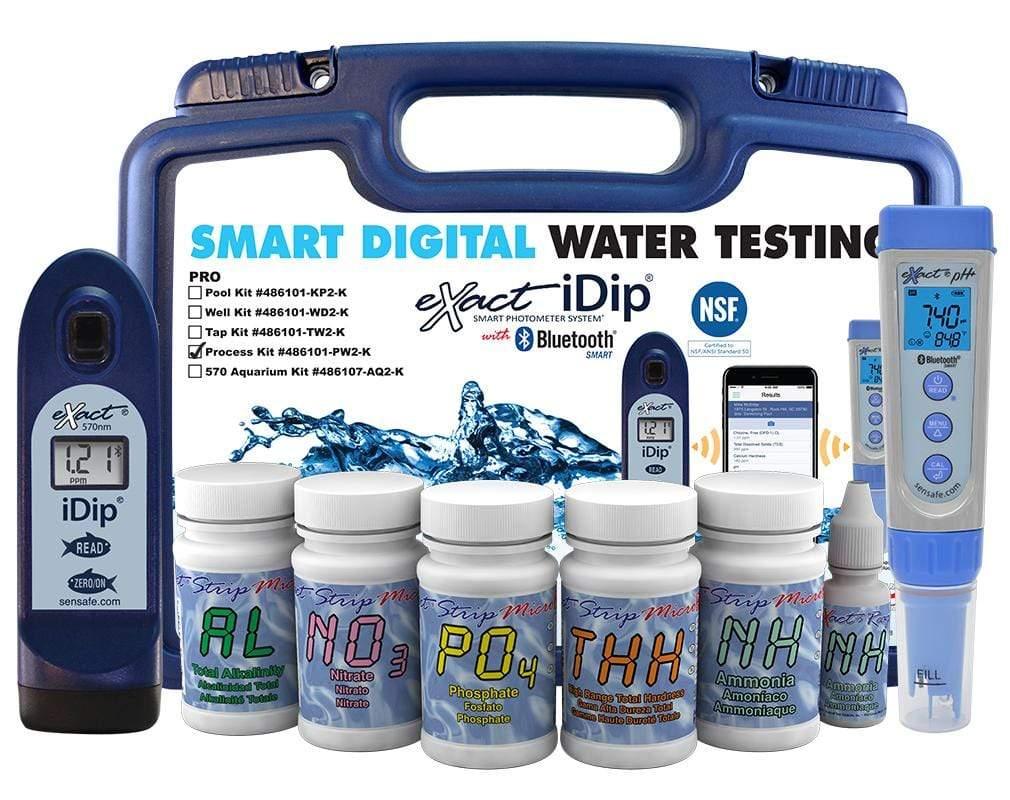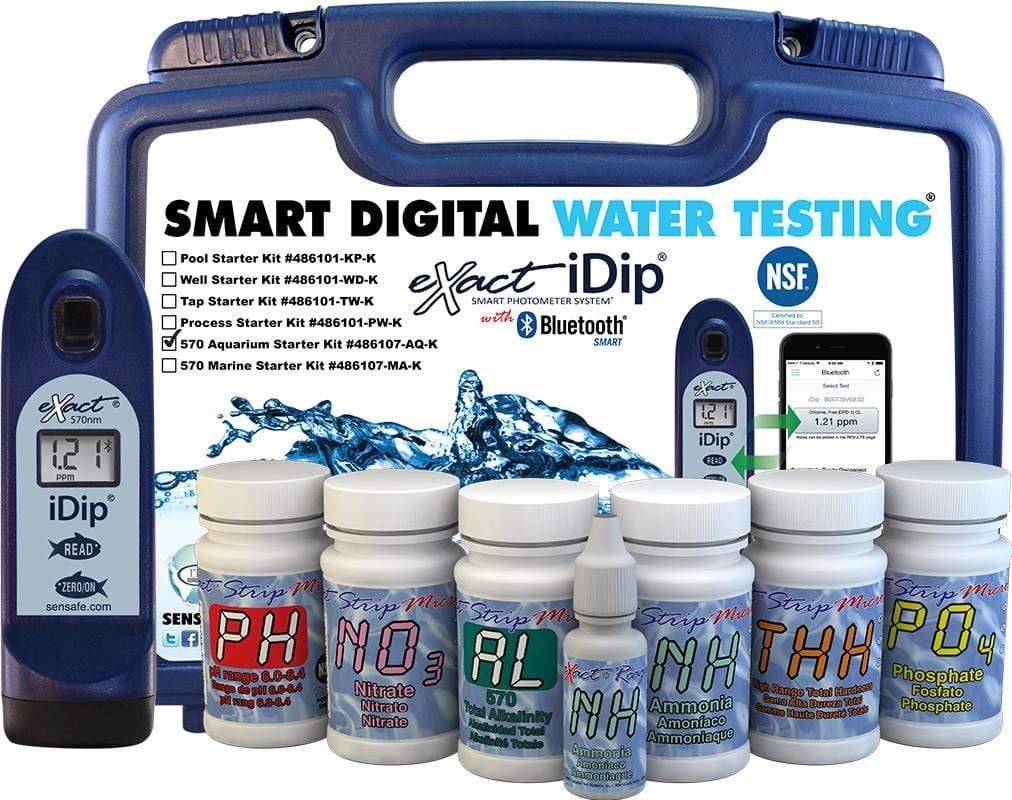Parameter: Ammonia
Ammonia is a naturally occurring chemical compound that is present in all aquatic environments, including ponds. It is formed by the breakdown of organic matter, such as fish waste and uneaten food, and is also present in the urine of fish. While small amounts of ammonia can be beneficial for the growth of beneficial bacteria in a pond, high levels of ammonia can be toxic to fish and other aquatic life. In summary, testing for ammonia levels in pond water is essential to ensure the health and well-being of the fish and other aquatic life living in the pond. High levels of ammonia can cause a variety of health problems and lead to the growth of harmful bacteria. There are several ways to test for ammonia levels in pond water, including using test kits, electronic meters, and laboratory testing.

